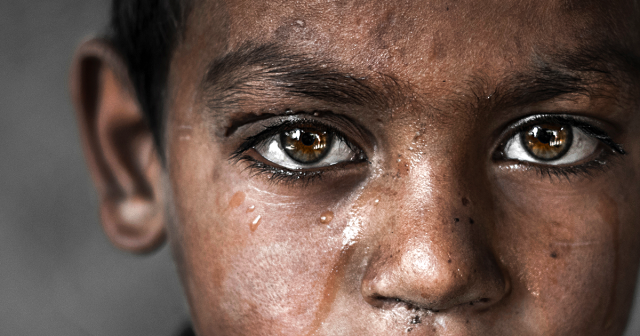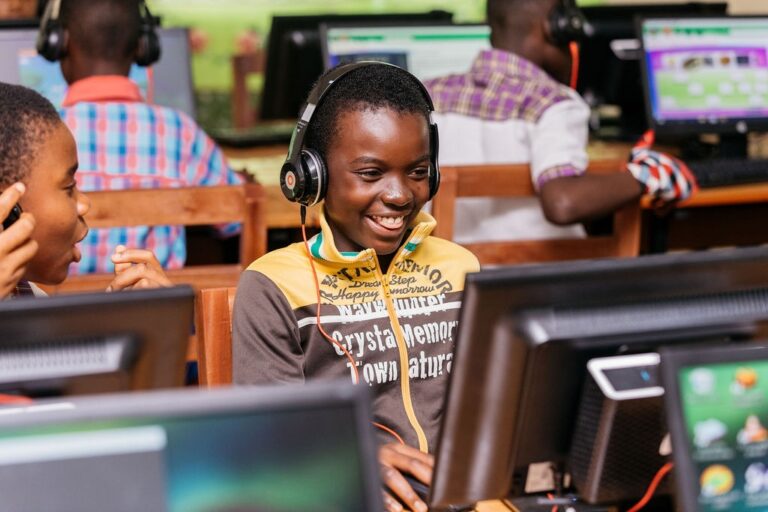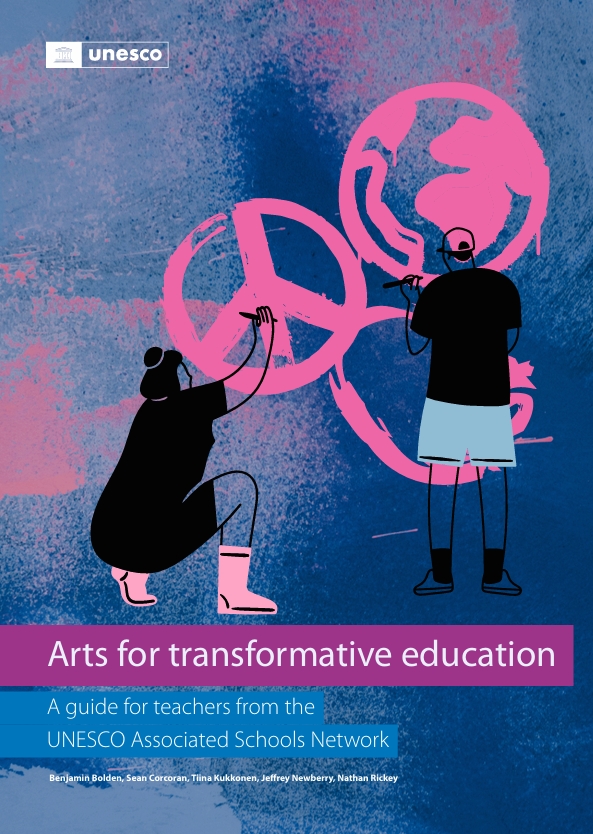Education is like a seed. And for this empowering right to flourish and grow, it must have the best conditions. Education must not only be accessible to all, it must be of the highest quality. And it is not a privilege to be bestowed by a government, it is a legal right for everyone – children, youth and adults.
This looks good on paper yet is far from being a reality for millions around the world. Today less than 1 in 5 countries legally guarantee 12 years of free and compulsory education.
As we mark the 70th year of the Universal Declaration of Human Rights, there are still 262 million children out of school, and more than 750 million youth and adults unable to read and write. This is unacceptable and countries must ensure that the millions of people left behind have access to the powerful seed of education they are entitled to.
That is why UNESCO has launched a new #RightToEducation digital campaign to focus global attention on this crucial issue and make the right to education a priority everywhere.
There are many things blocking the road – legal, economic, social and cultural barriers. We must remove them all and ensure that countries that have signed up to international conventions and agreements are putting them into practice. They must be held accountable.
The 2017/8 Global Education Monitoring (GEM) Report showed the importance of accountability in addressing persistent education problems, which starts with governments, as primary duty bearers of the right to education. It stressed the fact that citizens who know about their rights may be able to challenge violations made by governments in court, but found that this is possible only in 55% of countries.
What is happening in your country?
Now you know that education is a human right protected by law and guaranteed to all by the State, how is your country advancing this right? You can check by using UNESCO’s global Observatory which provides valuable data of the right to education in 195 Member States. And you can engage in making education a reality for everyone.
Join UNESCO’s campaign and speak up for the voiceless.
Everyone can make a difference – students, parents, teachers, journalists, policy-makers, lawyers and more – by changing mindsets, sharing powerful messages, influencing decision-making, supporting peers and standing up for the rights of others when it comes to education.
Simple everyday actions can have a big impact. Here are some ideas on how to get involved. Use the power of your social networks to spread the word. Think of creative ways to advance the right to education in your school and community. Above all, make sure that the seed continues to grow and that its fruits are available to everyone, everywhere.




![[Preliminary Report] CRNA Collaborative Research for Exploring Factors Nurturing"Happy and Resilient" Children among Asian Countries](https://equity-ed.net/wp-content/uploads/2024/09/1725672182698.jpg)

